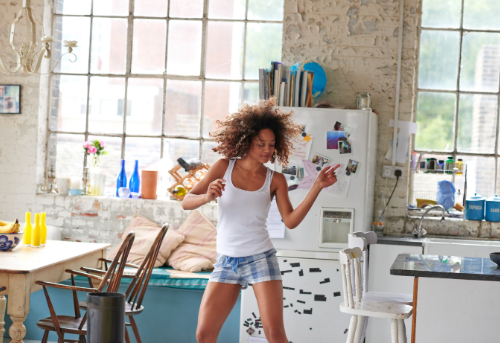
Survey result: College students struggle with food insecurity
College students experience many challenges throughout their higher education journey. Students face many challenges which can include family expectations, financial debt and dealing with mental health problems. One of these challenges include being food insecure. The Health Affairs calls it the “Invisible Epidemic” as 30% of all college students experience food insecurity at some point in their college career. Breaking this down further, 38% are from two year colleges and 20% are students at a four-year institution.
Recently a former Let’s Go intern, Nathen Ortiz, conducted a survey and asked the Let’s Go community if they experience food insecurity. 31.8% of respondents were community college students, 31.8% were CSU students, 9.1% were from a private institution, 27.3% were students at a UC institution. These students were asked a variety of questions related to food insecurity, such as if they also experienced housing insecurity, if their institution offered a food pantry and how accessible said food pantry was. About 45.5% of the respondents consider themselves food insecure, 31.8% do not consider themselves food insecure and 22.7% said they were not sure. From this data, it is gathered that almost 50% of the respondents were food insecure and from these correspondents, 60% also struggled with housing insecurity. Challenges that contribute to students struggling with food insecurity have to do with not receiving enough financial aid, having to pay for other expenses and bills, losing jobs, and having financial emergencies.
Suggestions students presented to address food insecurity among college students and improve food services in their institutions were:
- Institutions being more vocal of resources outside school like food banks and other food-related programs
- Giving leftover food to students
- Outreach programs and outside resources
- Grocery store gift cards
- Providing stipends or emergency funds for students in need
- Giving free meal swipes for students
- Providing free grocery food stamps and other forms of food insecurity support for eligible students
Source: https://www.healthaffairs.org/do/10.1377/forefront.20220127.264905




